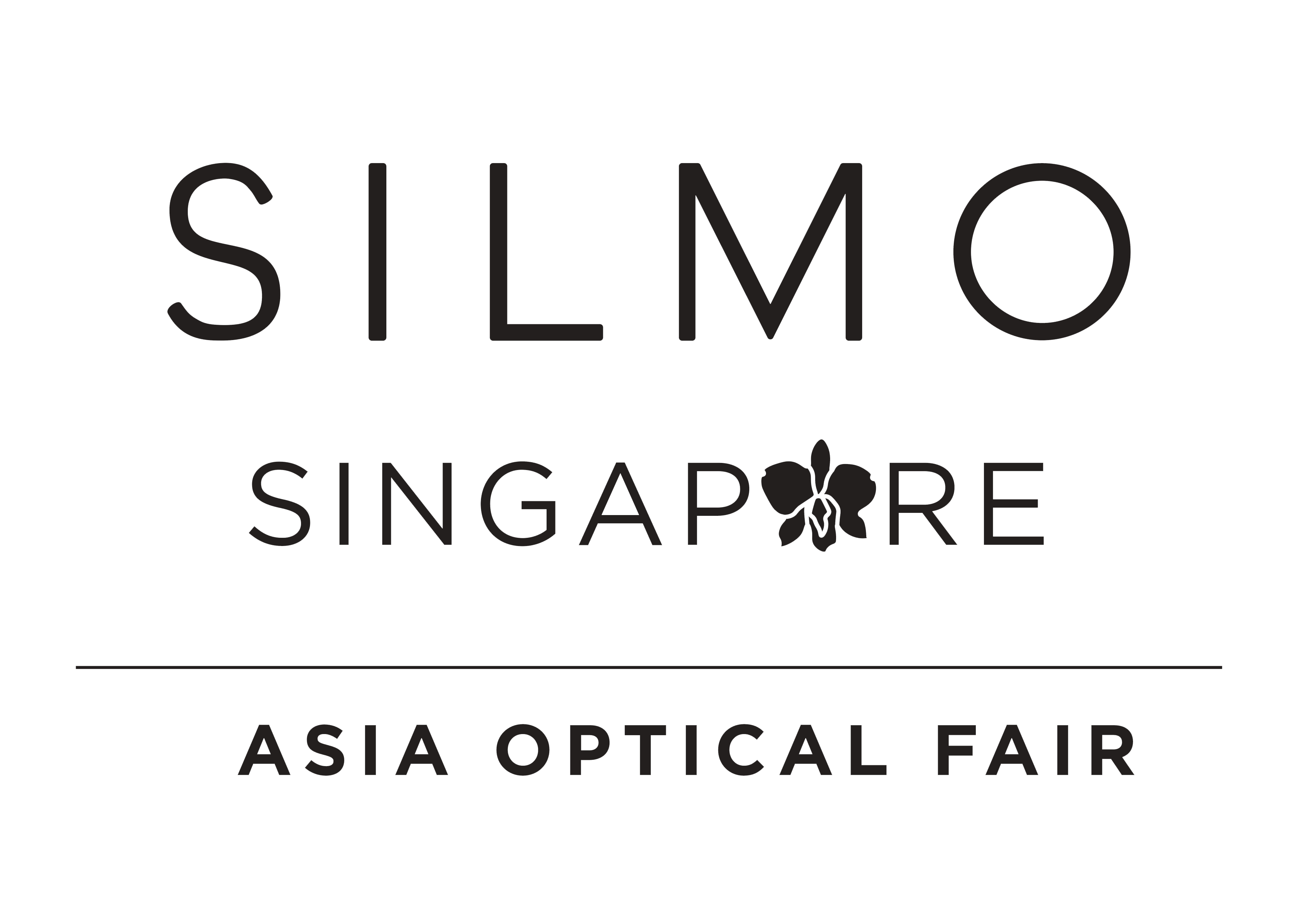Orthoptist, Expert Educator
Founding member of National College of Opticians of France
France
Confirmed orthoptist, Dominique Barraud is one of the founding members of the CNOF (National College of Opticians of France) created in 2016. Her career began in posturology. She quickly became an expert educator specializing in many areas, from oculomotor paralysis, neuro-visual and learning disorders, from the vision of the elderly to the vision of the different, sometimes polytraumatized child.
For ten years Dominique Barraud was an educator in orthoptics for UNRIO (National Union of Research and Information in Orthoptics), then, for OPTIMA (National Federation of Opticians of France), SOCOFORM- MG France (General Practitioners of France). Through her interventions in departmental training courses for speech therapists and pharmacists, she contributes to the more precise knowledge and understanding of the profession of orthoptist, re-educator of functional vision.
This diversity of the medical and paramedical populations, by its transversality, is essential for it, each of the health professionals being linked by the concern for the well-being or the well-being of the patient according to their specialty.
In 2000 at the request of the Moroccan Ministry of Health, the French Ministry of Health in agreement with the CHNO (National Ophthalmology Hospital Center) sent Dominique Barraud as expert educator to Morocco in Rabat for an evaluation mission of the orthoptic visual needs and specific demands of the Moroccan population. From 2001 to 2004 Dominique trained the first Moroccan orthoptists for the public sector and the military sector. Today, she takes part in final examinations and graduation exams. In 2009, Dominique obtained her diploma in neuro- ophthalmology / orthoptics.
She became an active member of the commission for the overhaul of orthoptic studies within the Ministry of Higher Education and the Ministry of Health, developing the establishment of an LMD (License/Master, Doctorate) for the SNAO (Autonomous National Union of Orthoptists).
In the Revue Française d’Orthoptie (RFO), she has published various articles on its history and ophthalmology, orthoptic equipment and techniques, and for the journal 3D Vision she writes about practical orthoptic/optical cases.
Dominique has been a member of the AODO (Association of Orthoptists of the West) since 2000 and a member of the IOA since 2019.
Seeing Well Together – Ocular Harmony and the Key to Success
Patient/customer satisfaction remains a priority for eye care professionals. Man does not remain still in life by only looking straight ahead without moving his eyes, his body and without external elements changing at any moment.
Visual information is the most important sensory domain for humans.
It is therefore essential that the most precise analysis possible be made on motor, sensory and functional levels.
To do this, the optician, in addition to the increasingly efficient instruments at his disposal, must define any possible constraints, malfunctions, alterations and inabilities that could hinder optimal adaptation of optical compensation.
“There’s no point in having two eyes if you don’t use them.”
Visual perception is action oriented.
To be effective the vision must be dynamic.
Ocular dynamics are crucial in the development of visual functions.
The ability to direct the gaze is essential to the organization of the gesture.
If “seeing” is in the sensory domain, the gaze is that of the optomotor and gives the possibility of communicating, it is therefore a tool for postural regulation, exploration of the environment and communication with the environment. The fundamental basis of a human being is posture for which the information coming from vision is 90.3%.
The contribution of optical compensation will therefore have a major role, a role devolved to the optician, both a guide in the choice of glasses appropriate to each patient/client, lenses, frames, and the rules of handling and maintenance upon which the optician advises.

